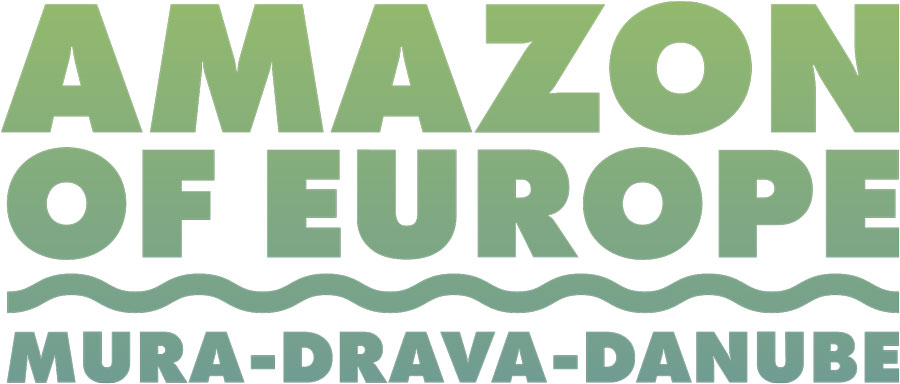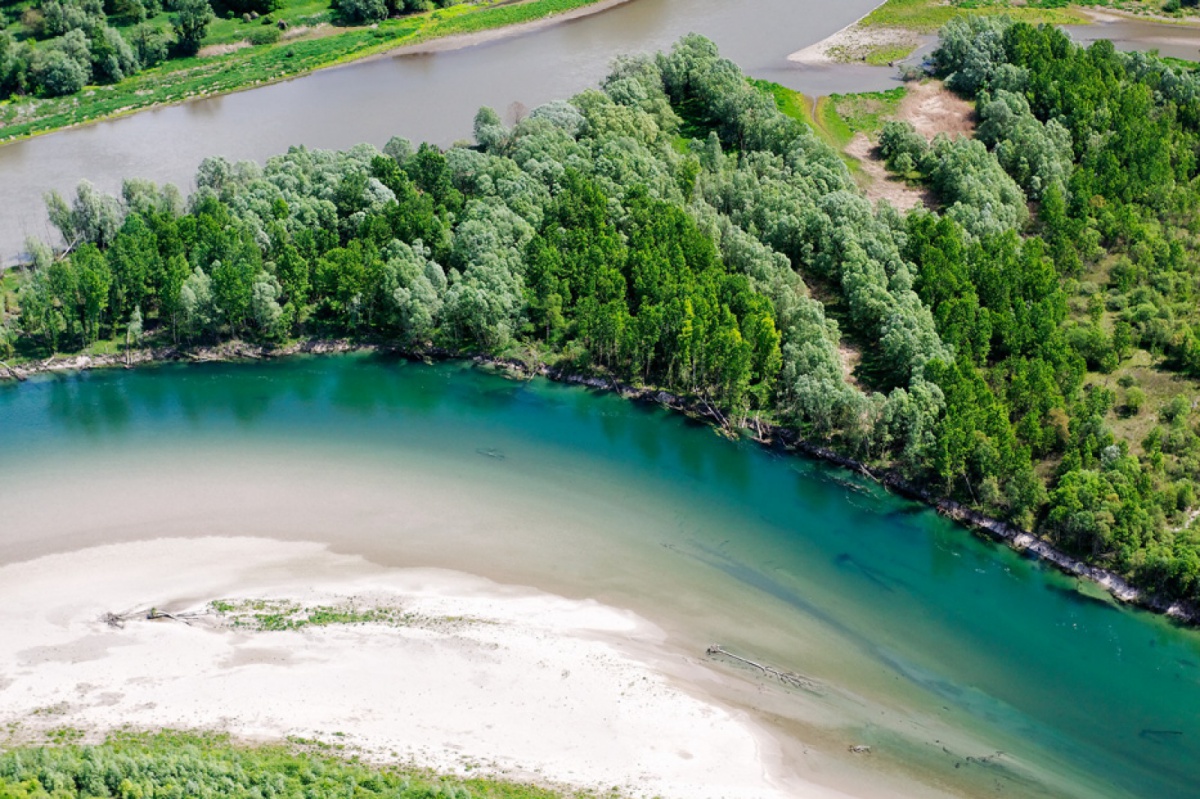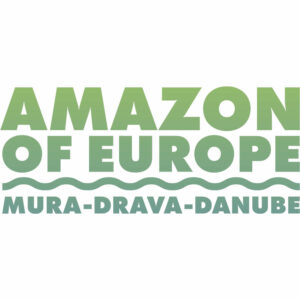80% of the Danube basin wetlands have been lost over the past 150 years
On the World Wetlands Day – 2 February – WWF warns that hydropower projects threaten to harm the habitats of rare and endangered species in the countries of the Danube basin. Some 80% of the wetlands of the Danube and its tributaries have already been lost over the past 150 years and with them the essential ecosystem goods and services they provide. With regard to hydropower, WWF seeks to ensure that energy requirements are met with options that also consider environmental and social impact.
Apart from their rich biodiversity, wetlands mitigate the negative effect of climate change and protect millions worldwide from flooding. They also purify our water, give us food, wood and biomass, and provide recreation and employment.
The Danube River basin is home to globally important wetlands, including the so-called “Amazon of Europe” – the Mura-Drava-Danube Biosphere Reserve, with its meandering and free-flowing stretches, steep banks, floodplain forests, gravel and sand banks, and the last nesting Little Terns in Europe.
But the Drava River is under threat from construction of two large hydropower plants in Croatia. The proposed location of the two hydropower plants, Molve 1 and Molve 2, projects construction along the river with a total length of almost 30 km. WWF and other organizations of the environmental coalition ‘Drava League’ call on the Croatian government to re-consider the decision.
Construction of the hydropower plants will destroy the most valuable part of the Drava River. The Drava is part of the EU’s Natura 2000 network of specially protected sites, the Mura-Drava Regional Park as well as the cross-border Mura-Drava-Danube UNESCO Biosphere Reserve. From its source in Italy, the Drava is already under pressure of 22 hydropower plants, three of which are in the upper flow in Croatia.
In Slovenia WWD will be celebrated this Sunday, 4th February, with a Walk along the Mura River.The nineteenth traditional walk in a row will pass the wetlands that are located along the Mura River, in the area where the Hrastje-Mota hydroelectric power plant is planned, and that would endanger those same wetlands.
The Pomurje region has just completed the investment of the century – Pomurje water distribution system in which citizens have invested almost 142 million euros, and the vast majority of its waters is to come from the wetlands along the Mura River. The planned construction of the Hrastje-Mota hydropower plant would endanger these water resources and the ecological and chemical status of the water in the Mura River would deteriorate and affect the level, dynamics, quantity and quality of groundwater in the area of water catchments.
The largest flooding forests in Slovenia are located along the Mura River. The natural flood plains along the Mura River with a network of side arms, river islands, gorges and flooded forests resemble the Amazon River, whose biodiversity includes animals like black stork and white-tailed eagle, while in the steep slopes of the river banks beavers in otters reside.
WWF and a coalition of more than 70 NGOs are strongly opposing the project of building hydropower plants on the Mura River, which would change the Mura as we know it forever, and we call for the revitalization of our unique rivers in the campaign Lets Save Mura!
Sign the petition here: https://www.amazon-of-europe.com/en/


